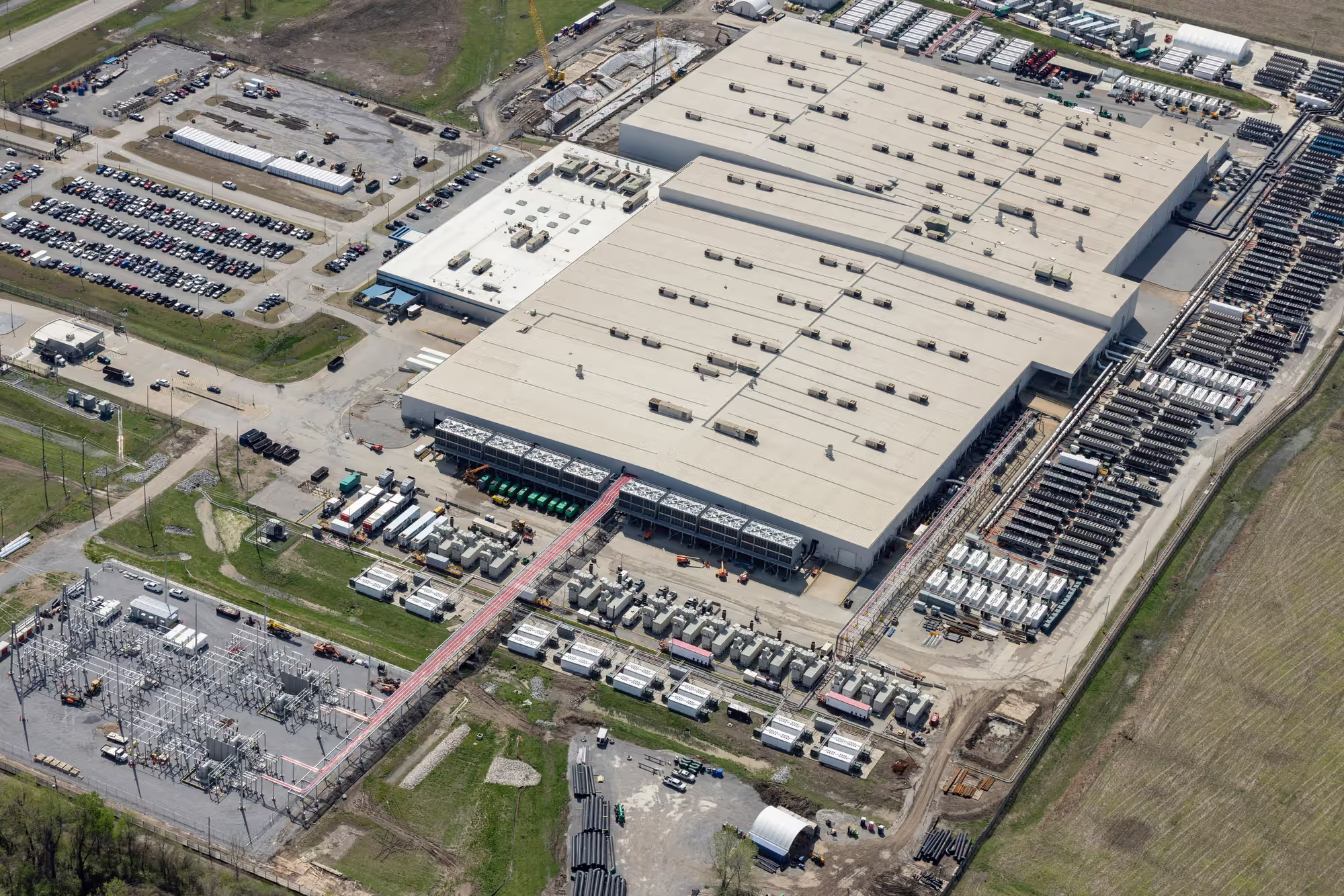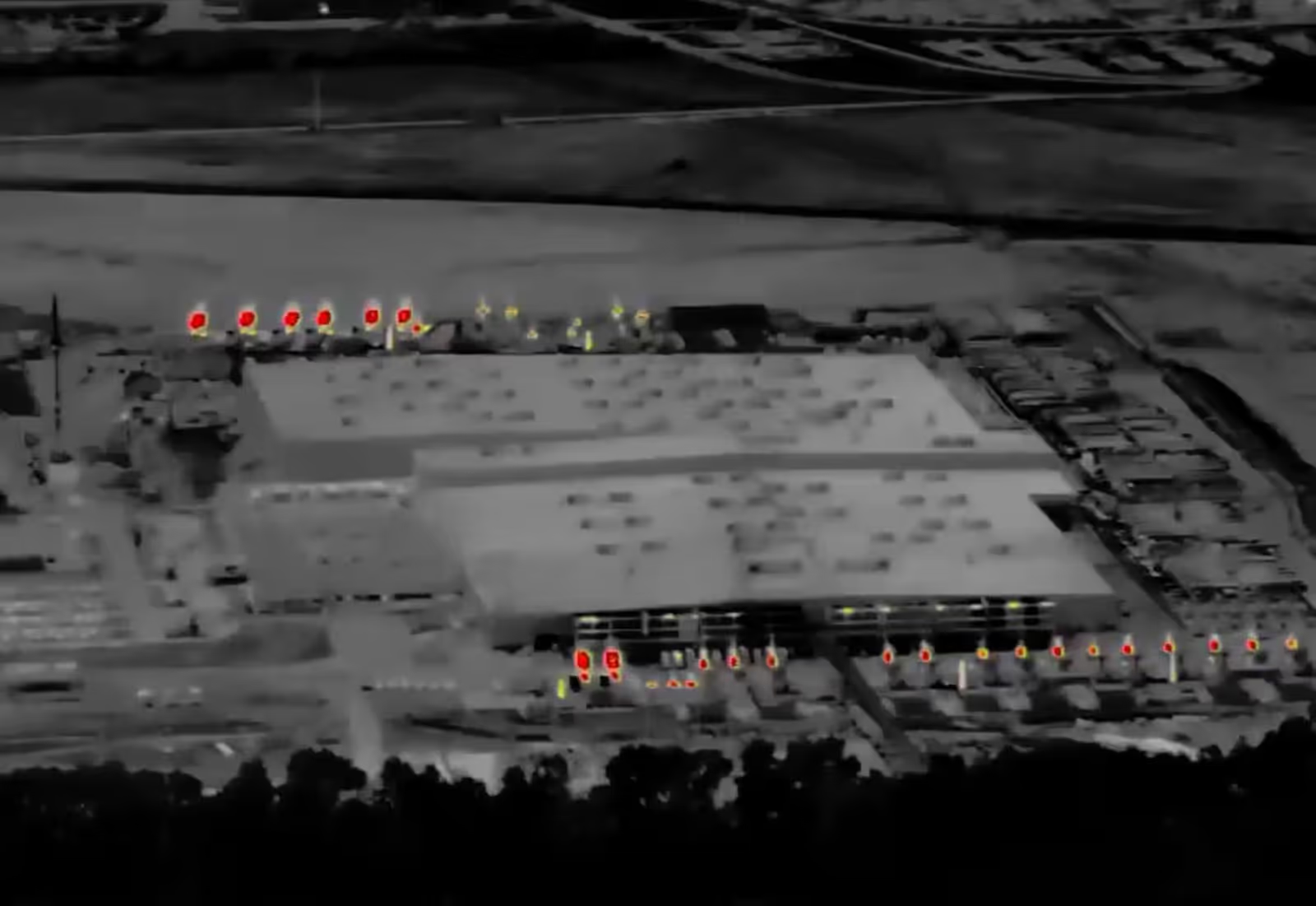Elon Musk's artificial intelligence venture xAI is facing mounting legal pressure as Memphis residents and environmental groups threaten litigation over alleged pollution from the company's massive Colossus supercomputer facility. The controversy highlights growing tensions between rapid AI infrastructure expansion and community environmental concerns, potentially setting precedent for how tech giants develop computational facilities in residential areas.
The Colossus Controversy
The xAI Colossus data center, touted as one of the world's most powerful AI training facilities, has become a lightning rod for environmental activism in Memphis. Local residents report experiencing increased air pollution, excessive noise levels, and concerns about water usage since the facility began operations in July 2024.

The supercomputer cluster, which reportedly houses over 100,000 GPUs, requires enormous amounts of electricity and cooling infrastructure. Environmental groups claim the facility's diesel generators and cooling systems are operating without proper permits, potentially violating the Clean Air Act and local environmental regulations.
Community Pushback Intensifies
Memphis resident groups have organized protests and town halls, demanding transparency about the facility's environmental impact. Sarah Johnson, a spokesperson for Memphis Clean Air Coalition, stated, "We're not against technological progress, but it shouldn't come at the cost of our health and environment. We deserve answers about what's being released into our air and water."
The Southern Environmental Law Center has sent a notice of intent to sue, giving xAI 60 days to address alleged violations before formal litigation begins. The notice cites concerns about:
- Unpermitted air emissions from backup generators
- Potential groundwater contamination from cooling systems
- Noise pollution exceeding residential limits
- Lack of required environmental impact assessments
xAI's Response and Industry Implications
xAI has maintained that the Colossus facility operates within all applicable regulations. A company spokesperson emphasized their commitment to "responsible AI development that includes environmental stewardship," though specific details about emissions data or environmental monitoring have not been publicly released.
The controversy arrives at a critical moment for the AI industry. As companies race to build increasingly powerful computing infrastructure, communities nationwide are scrutinizing the environmental costs. Similar concerns have emerged around data centers in Virginia, Oregon, and Ireland, where residents question whether the benefits of AI advancement justify local environmental impacts.
Regulatory Landscape Shifts
The Memphis situation reflects broader regulatory challenges facing AI infrastructure development. The Biden administration recently announced initiatives to streamline data center permitting while strengthening environmental protections, but critics argue current regulations haven't kept pace with AI's explosive growth.
Tennessee state officials find themselves balancing economic development opportunities against environmental protection mandates. The Colossus facility promised significant job creation and tax revenue, but mounting public pressure may force a reassessment of how such projects are approved and monitored.
What's at Stake
The outcome of this conflict could establish important precedents for AI infrastructure development nationwide. Key considerations include:
Environmental Justice: The facility's location in a predominantly minority community raises questions about equitable distribution of environmental burdens from tech infrastructure.
Transparency Standards: Demands for public access to emissions data and environmental monitoring could set new expectations for corporate disclosure.
Permitting Processes: The controversy may accelerate reforms in how large-scale computing facilities are evaluated and approved.
Industry Practices: Other AI companies are watching closely, as the resolution could influence where and how they build future facilities.
Looking Ahead
As the 60-day notice period counts down, all eyes are on xAI's next moves. The company faces a choice between fighting the allegations in court, negotiating a settlement that could include operational changes, or proactively implementing environmental improvements to address community concerns.
For Memphis residents, the fight represents more than a single facility—it's about establishing their right to a voice in how their community develops. For the AI industry, it's a wake-up call that rapid innovation must be balanced with environmental responsibility and community engagement.
The Colossus controversy serves as a crucial test case for whether the AI revolution can proceed without leaving communities behind. As artificial intelligence reshapes our world, the Memphis standoff reminds us that technological progress and environmental protection need not be mutually exclusive—but achieving that balance requires transparency, accountability, and genuine dialogue between tech giants and the communities they impact.
